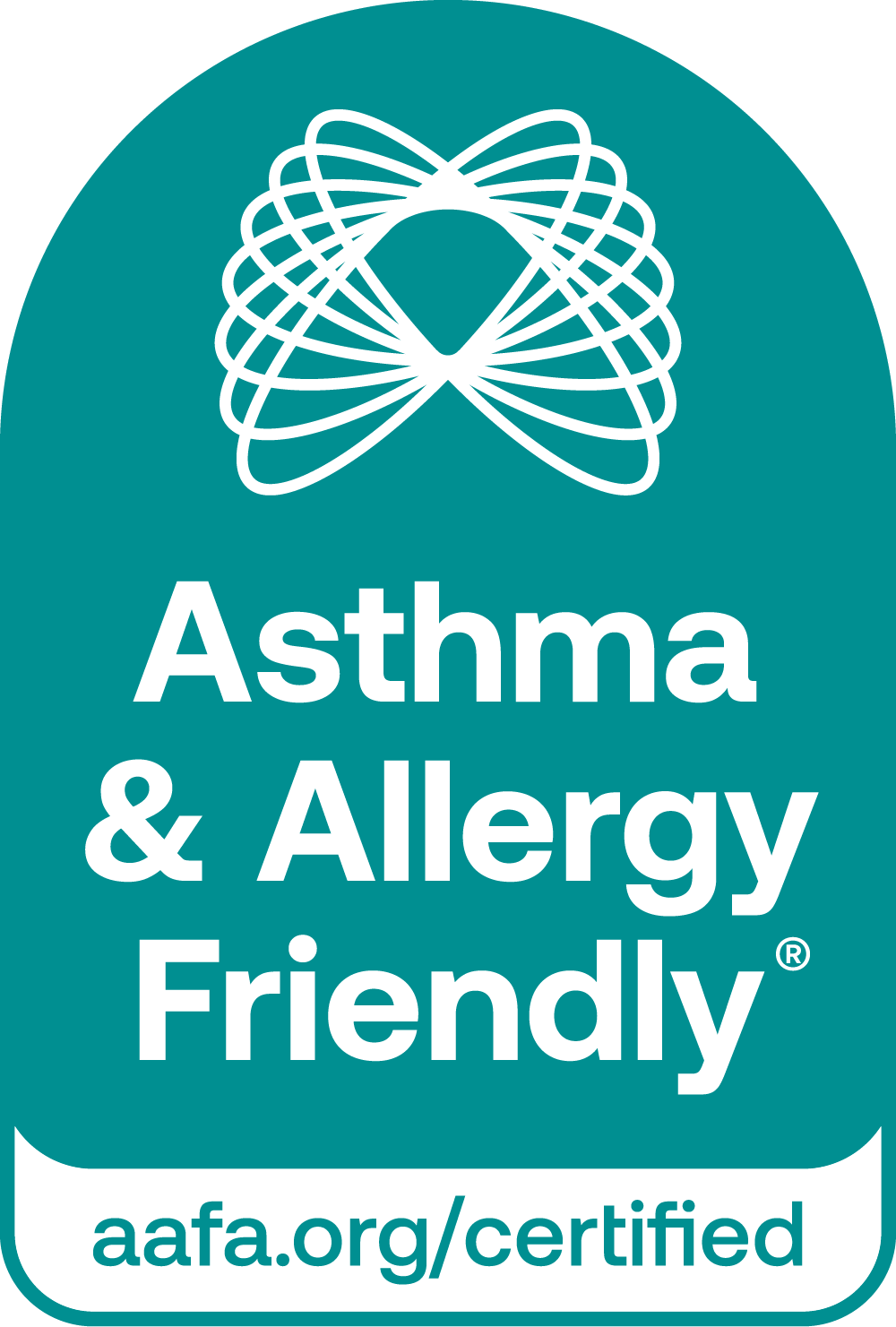 The back to school season is stressful for any parent. You have to buy new clothes, new supplies, and new lunch boxes. Not to mention you have to figure out afterschool care. Oh, and if your child has asthma or allergies, you need to make sure they’ll be safe at school when you’re not around. So let’s just add scary to the stress for parents of children with asthma or allergies.
The back to school season is stressful for any parent. You have to buy new clothes, new supplies, and new lunch boxes. Not to mention you have to figure out afterschool care. Oh, and if your child has asthma or allergies, you need to make sure they’ll be safe at school when you’re not around. So let’s just add scary to the stress for parents of children with asthma or allergies.
You’re very aware of your child’s triggers so you can actively work to reduce their exposure in your home through simple cleaning routines or long-term renovations. But do their principles, teachers, or school nurses know what triggers your child’s asthma or allergies? Do they know what to do if your child has an asthma attack or allergic reaction?
Triggers can be anywhere and everywhere at a school. Rugs or carpeting can collect dirt and dust mites. Classroom pets are cute but problematic. Rigorous sports may exert your son or daughter and there are bees on the playground with freshly mowed grass. For children with food allergies, the cafeteria presents a problem and so do the treats sent by other parents.
The Asthma and Allergy Foundation of America (AAFA) and the asthma & allergy friendly® Certification Program have a few tips for how you can ensure your child’s health this school year.
- Update and clearly state your child’s medical information for the school staff.
- Hand in a Child Asthma/Allergy Action Card which lists daily medications, triggers, and emergency plans.
- Place your child’s name and dosage on every medication.
- Set appointments to meet with the school nurse, your child’s teachers, and the principal at a time when the school staff is not too busy.
- If your child has food allergies, also speak to the cafeteria staff about food choices or special accommodations. Be clear and concise about the seriousness of the allergy, what your child is allergic to, and what can be done to ensure safety. It may help the staff if a picture of your child is posted in the kitchen.
- Talk with your child about their responsibility to take medications or not to take food from other kids. Even at an early age, it is critical that your child begin to identify symptoms and learn to ask for help. Explain that they have to take action immediately because the symptoms probably won’t go away.
- Read “At School with Asthma” to learn more.
It’s also important to know where your school and state stand in terms of asthma and allergy policies. AAFA’s State Honor Roll Report® is an annual research project that helps identify states with the most comprehensive and preferred statewide public policies supporting people with asthma, food allergies, anaphylaxis, and related allergic diseases in US elementary, middle, and high schools.
Fourteen states made-the-grade this year—Connecticut, Delaware, the District of Columbia, Illinois, Indiana, Massachusetts, Mississippi, New Jersey, New Mexico , North Carolina, Rhode Island, Vermont, Washington, and West Virginia. For more information and to find out how your state ranks, visit www.StateHonorRoll.org.
What did you do or plan to do to help your child this school year with their asthma and allergies?
